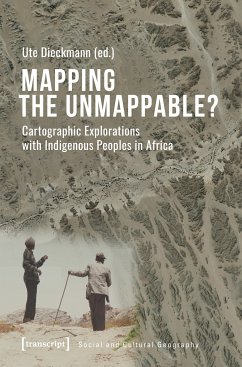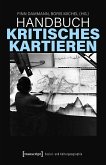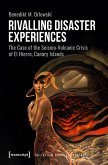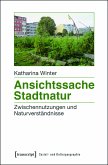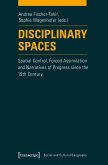How can we map differing perceptions of the living environment? Mapping the Unmappable? explores the potential of cartography to communicate the relations of Africa's indigenous peoples with other human and non-human actors within their environments. These relations transcend Western dichotomies such as culture-nature, human-animal, natural-supernatural. The volume brings two strands of research - cartography and »relational« anthropology - into a closer dialogue. It provides case studies in Africa as well as lessons to be learned from other continents (e.g. North America, Asia and Australia). The contributors create a deepened understanding of indigenous ontologies for a further decolonization of maps, and thus advance current debates in the social sciences.

